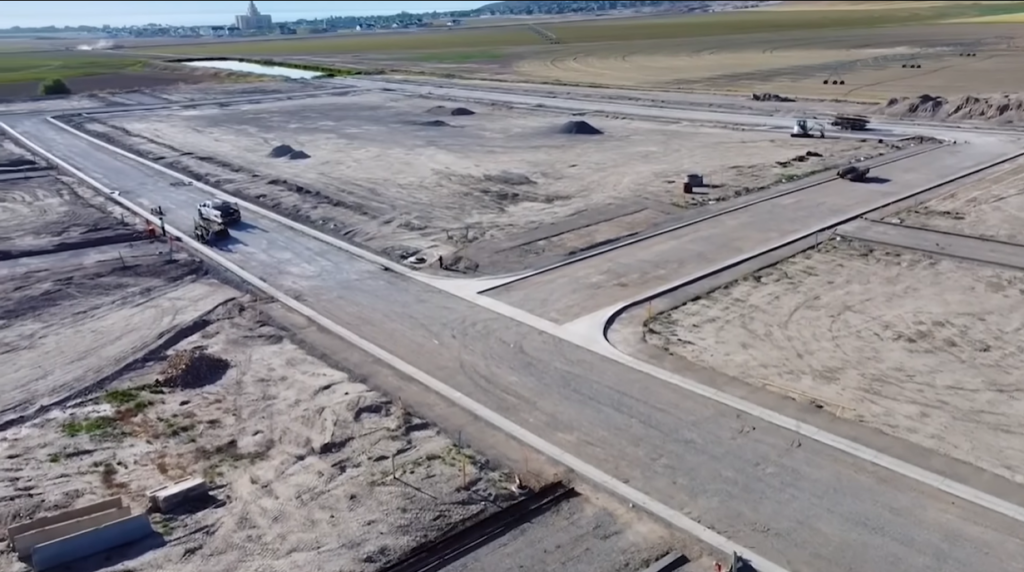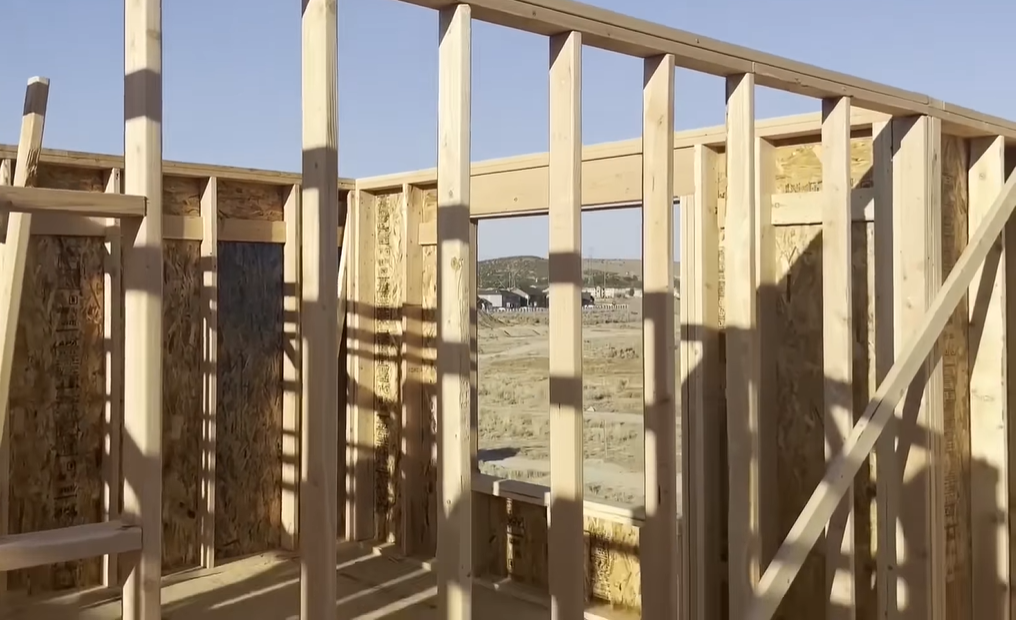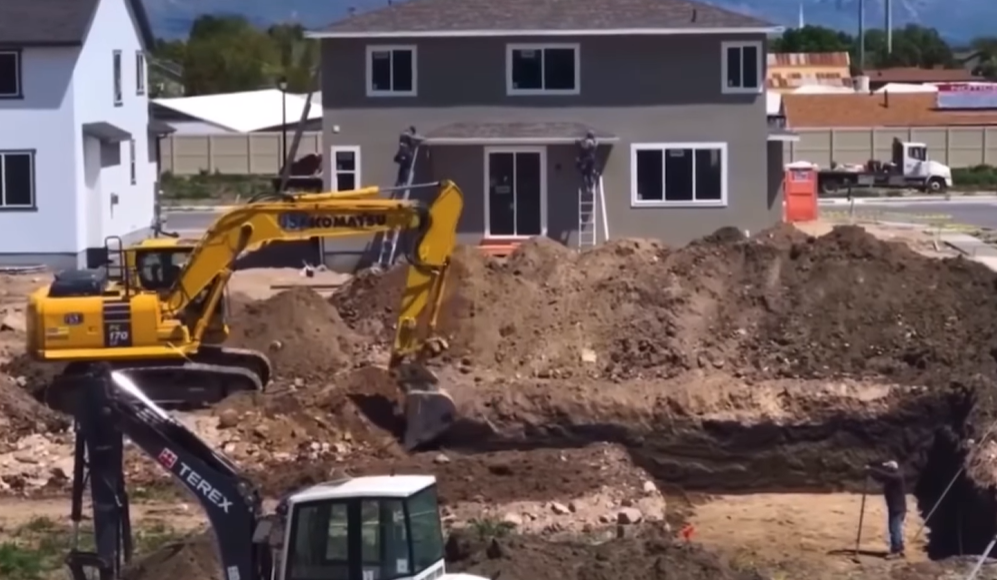Building a house on your own land involves various expenses beyond the obvious construction costs. This article will break down the key financial considerations, helping you understand the broader financial picture involved in your home-building journey. Let’s delve into the essential factors to budget for!
How Much Does It Cost to Build a House on Your Own Land?
The cost of building a house on your own land can vary significantly depending on factors such as location, size, materials, and local labor costs. On average, you can expect to spend anywhere from $100 to $400 per square foot of living space.
This means a 2,000-square-foot home could cost between $200,000 and $800,000 or more. Keep in mind that these figures are rough estimates, and your actual costs may differ based on your specific circumstances.
Factors That Influence the Cost of Building a House on Your Own Land
Building your dream home on your own land is an exciting endeavor, but it comes with various financial considerations. The cost of constructing a house can vary significantly based on several key factors. Understanding these influences is crucial for planning your budget effectively.

Location and Land Costs
One of the most significant factors affecting the cost of building a house on your own land is the location. The price of land varies greatly from one area to another. Urban areas and desirable neighborhoods often have higher land costs compared to rural or less sought-after regions.
Additionally, factors like proximity to amenities, schools, and transportation can influence land prices.
Size and Design
The size and design of your future home have a direct impact on construction costs. Larger homes typically require more materials and labor, making them more expensive to build. Additionally, intricate architectural designs or custom features can increase expenses significantly. To manage costs, carefully consider the size and complexity of your home design.
Material Selection
The choice of construction materials plays a vital role in determining building costs. High-end materials and finishes can substantially increase expenses, while more cost-effective options can help you stay within budget.

Keep in mind that certain materials may require more maintenance or have a shorter lifespan, which can affect long-term costs.
Labor and Building Codes
Local labor costs and building codes are essential factors in the construction budget. Areas with a high demand for skilled labor [1] can have higher hourly wages, impacting the overall cost of construction.
Building codes and regulations also vary by location, affecting the design and construction methods required to meet compliance standards. Ensuring your project aligns with local building codes is essential but can add costs if adjustments are needed.
Site Preparation and Infrastructure
Before construction begins, site preparation is necessary. Clearing the land, grading, and ensuring proper drainage can add expenses to your project. Additionally, the cost of connecting to essential utilities such as water, electricity, and sewage systems must be considered.

Remote or undeveloped land may require more extensive infrastructure work, increasing overall costs.
Permits and Fees
Obtaining the necessary permits and paying various fees is a non-negotiable part of building a house. These costs can include building permits, impact fees, zoning fees, and more. Failure to account for these expenses can lead to delays and unexpected financial burdens.
Conclusion
Building a house on your own land involves a complex interplay of location, design, materials, and regulatory factors. Understanding these influences is essential for managing your construction budget effectively.

